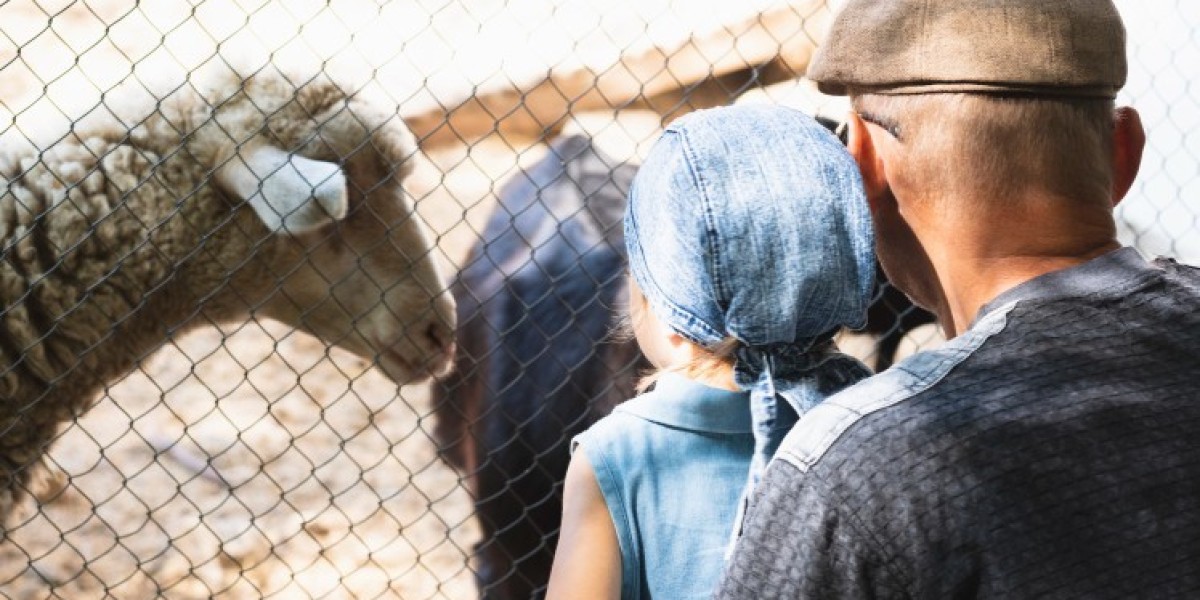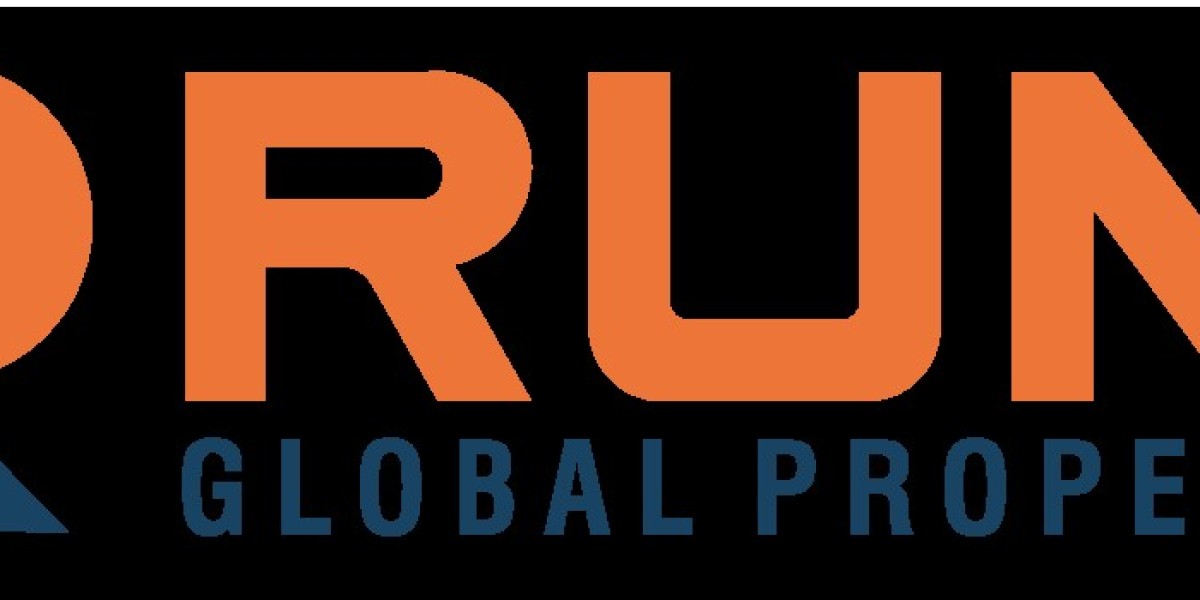CHICAGO — As Eid al-Adha 2025 approaches, a growing movement among young American Muslims is challenging traditional approaches to Qurbani, the ritual animal sacrifice central to Islam's Festival of Sacrifice.
Driven by concerns over climate change, animal welfare, and social justice, Muslim millennials and Gen Z Americans are demanding that their religious practices align with their values — creating what experts call an "ethical Qurbani revolution."
"My faith doesn't exist in a vacuum," says Amina Rashid, 28, a software engineer from Brooklyn who organized her mosque's first "sustainable Qurbani" workshop. "If I care about the environment and animal welfare in every other aspect of my life, why wouldn't I apply those same principles to my religious obligations?"
The New Generation's Approach
Recent surveys by the Institute for Social Policy and Understanding show that 73% of American Muslims under 35 consider environmental impact when making religious donations, compared to just 41% of those over 50.
This generational shift is transforming how Qurbani — traditionally performed by sacrificing livestock and distributing meat to family, friends, and the poor — gets carried out in 2025 America.
Key concerns driving change:
Animal welfare standards in sourcing and slaughter
Carbon footprint of transportation and logistics
Transparency in donation distribution
Local economic impact versus international programs
Waste reduction in packaging and delivery
Redefining 'Halal' for the Climate Era
Dr. Aasim Padela, director of the Initiative on Islam and Medicine at the University of Chicago, notes that young Muslims are expanding their definition of religiously acceptable practices.
"Traditional halal certification focused on slaughter methods and dietary laws," Padela explains. "Today's Muslims are asking: Is it truly halal if the animal suffered? If the process harms the environment God entrusted us to protect?"
This broader interpretation has sparked debate within American Muslim communities, with some older leaders expressing concern about adding requirements not explicitly mandated in Islamic law.
The Numbers Behind Ethical Demand
Islamic relief organizations report significant changes in donor preferences:
2025 Qurbani donation Trends:
67% of donors under 30 request animal welfare documentation
54% ask about environmental impact measures
43% prefer local sourcing when available
38% choose organizations with sustainability certifications
Case Study: The Sustainable Qurbani Movement
Community Spotlight: Detroit Metro The Islamic Center of America in Dearborn launched the region's first "Green Qurbani" program in 2024, partnering with Michigan organic farms and implementing carbon offset programs.
Results after one year:
40% reduction in transportation emissions
100% pasture-raised, antibiotic-free animals
$50,000 reinvested in local Muslim farming communities
85% donor satisfaction rate (vs. 71% for traditional programs)
"Young families specifically sought us out," reports program coordinator Layla Hassan. "They wanted their children to see that faith and environmental responsibility work together."
Technology Enabling Transparency
Modern Qurbani programs now offer unprecedented transparency through digital platforms:
Standard Features in 2025:
Live GPS tracking of animal sourcing and transport
Veterinary health certificates uploaded to donor portals
Time-stamped photos of distribution to recipients
Carbon footprint calculators for each donation
Impact reports showing local economic benefits
"Transparency isn't just nice to have anymore — it's expected," notes Ahmed Rehab, executive director of the Council on American-Islamic Relations Chicago chapter.
The Welfare Standards Revolution
Leading Islamic organizations have developed comprehensive animal welfare standards that go beyond traditional halal requirements:
Enhanced Welfare Criteria:
Minimum pasture access requirements
Prohibitions on growth hormones and routine antibiotics
Stress-free transportation protocols
Veterinary oversight of all facilities
Worker training on Islamic principles of animal care
These standards, while voluntary, are becoming market differentiators as ethically-minded donors vote with their wallets.
Challenges and Controversies
Not everyone embraces these changes. Traditional religious authorities worry about adding non-scriptural requirements to religious obligations.
"Islam already provides comprehensive guidance on animal treatment," argues Imam Abdullah Faruq of the Islamic Society of Greater Kansas City. "We risk making religion unnecessarily complicated when we layer on contemporary concerns."
Counter-arguments from younger Muslims focus on the Islamic concept of stewardship (khalifa) and the prophet Muhammad's teachings on environmental protection and animal welfare.
Local vs. Global Impact Debate
The movement has also sparked discussions about resource allocation:
The Local Argument:
Supports American Muslim farmers
Reduces transportation emissions
Builds community resilience
Creates observable impact
The Global Argument:
Addresses severe food insecurity overseas
Leverages currency exchange rates for maximum impact
Maintains connection to global Muslim community
Fulfills traditional charitable obligations
Many organizations now offer both options, letting donors choose based on their priorities.
Corporate Response
Major Islamic charities have adapted their operations to meet evolving donor expectations:
Islamic Relief USA launched its "Ethical Sourcing Initiative" in 2024, requiring welfare audits of all partner farms.
Embrace Relief introduced carbon-neutral delivery options and partnerships with regenerative agriculture programs.
Zakat Foundation created a "Local Impact" track allowing donors to support domestic farmers while fulfilling Qurbani obligations.
Looking Ahead: Eid al-Adha 2025
As June approaches, Islamic organizations report record early bookings for ethical Qurbani donation programs, suggesting the movement's continued growth.
"This isn't a trend — it's a permanent shift in how American Muslims approach religious practice," predicts Dr. Yasmin Mogahed, a popular Islamic speaker and author. "Faith communities that adapt will thrive; those that don't will lose the next generation."
The Broader Implications
The ethical Qurbani movement reflects broader changes in American Muslim identity, particularly among the educated, affluent, and environmentally conscious.
Religious studies scholars see parallels to other faith communities grappling with tradition versus contemporary values — from sustainable kosher food movements to Christian environmental stewardship initiatives.
"Young Muslims aren't rejecting tradition," observes Dr. Omid Safi, professor of Islamic Studies at Duke University. "They're expanding it to address 21st-century realities their ancestors couldn't have imagined."
As Eid al-Adha 2025 approaches, the question isn't whether ethical considerations will influence Qurbani practices — it's how quickly traditional institutions will adapt to meet evolving expectations of what it means to sacrifice meaningfully in the modern world.








